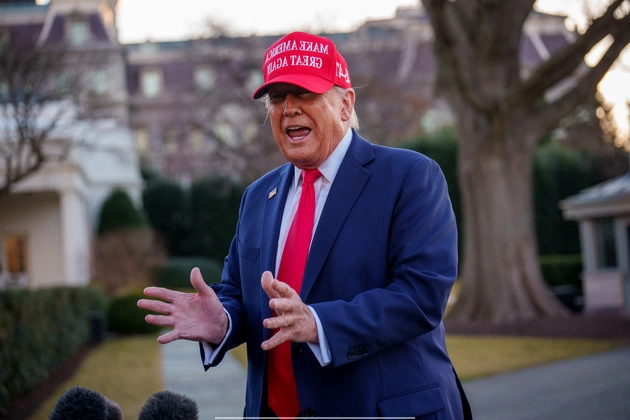
Panama Canal: History, Management, and Political Debates
The Panama Canal holds a significant place in global trade and geopolitical discussions. President José Raúl Mulino’s recent statement emphasizes Panama’s firm stance on the canal’s ownership and management. Amid Secretary of State Marco Rubio’s upcoming visit, Mulino made it clear that negotiation over the canal is off the table.
The Panama Canal’s Strategic Importance
Managed by the Panama Canal Authority, this vital waterway connects the Atlantic and Pacific Oceans, facilitating international maritime trade. Originally constructed by the U.S. and later transferred to Panama in 1977, the canal remains a symbol of strategic control and economic influence.
Political Tensions and International Concerns
Recent controversies have arisen, with President Donald Trump criticizing Panama’s management and questioning China’s involvement. Trump’s rhetoric has sparked debates about the canal’s neutrality and the balance of power in the region.
Despite Trump’s claims, Mulino underscores Panama’s sovereignty over the canal and its commitment to international cooperation. The upcoming discussions with Secretary Rubio may shed light on the future direction of U.S.-Panama relations.
Looking Ahead: Diplomacy and Collaboration
As Panama navigates these diplomatic waters, the canal’s role in global trade and security remains paramount. Rubio’s visit signifies a crucial opportunity for dialogue and mutual understanding between the two nations.
Stay tuned for updates on the outcomes of Rubio’s diplomatic mission and the evolving dynamics surrounding the Panama Canal.















